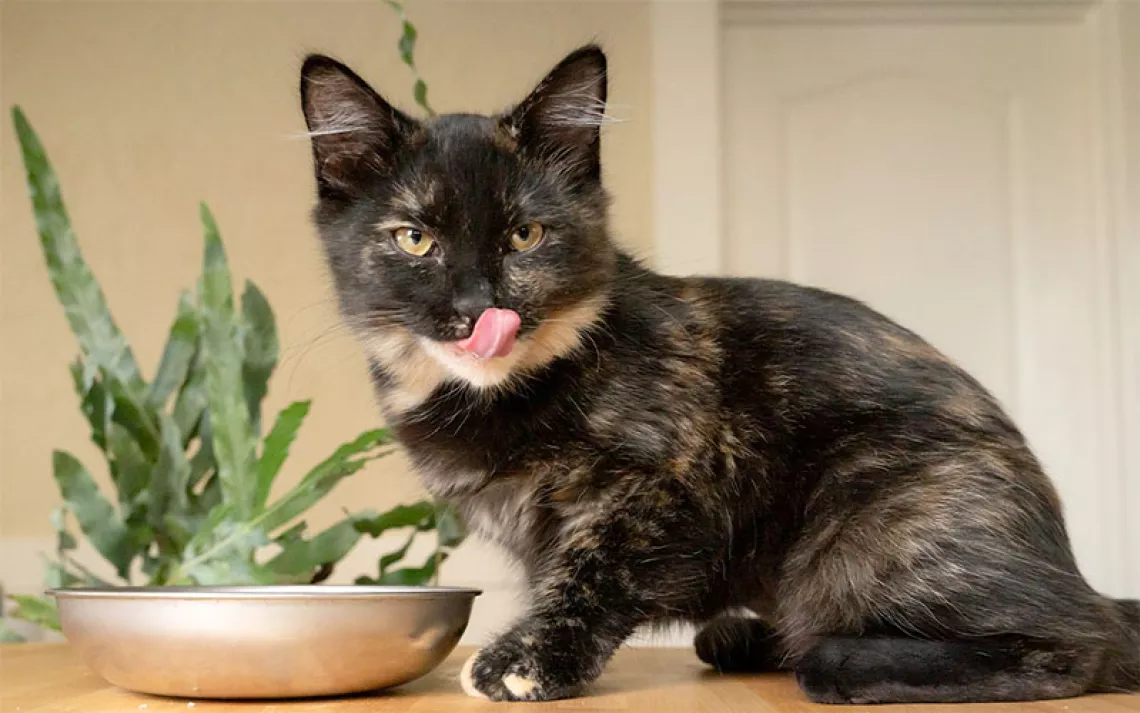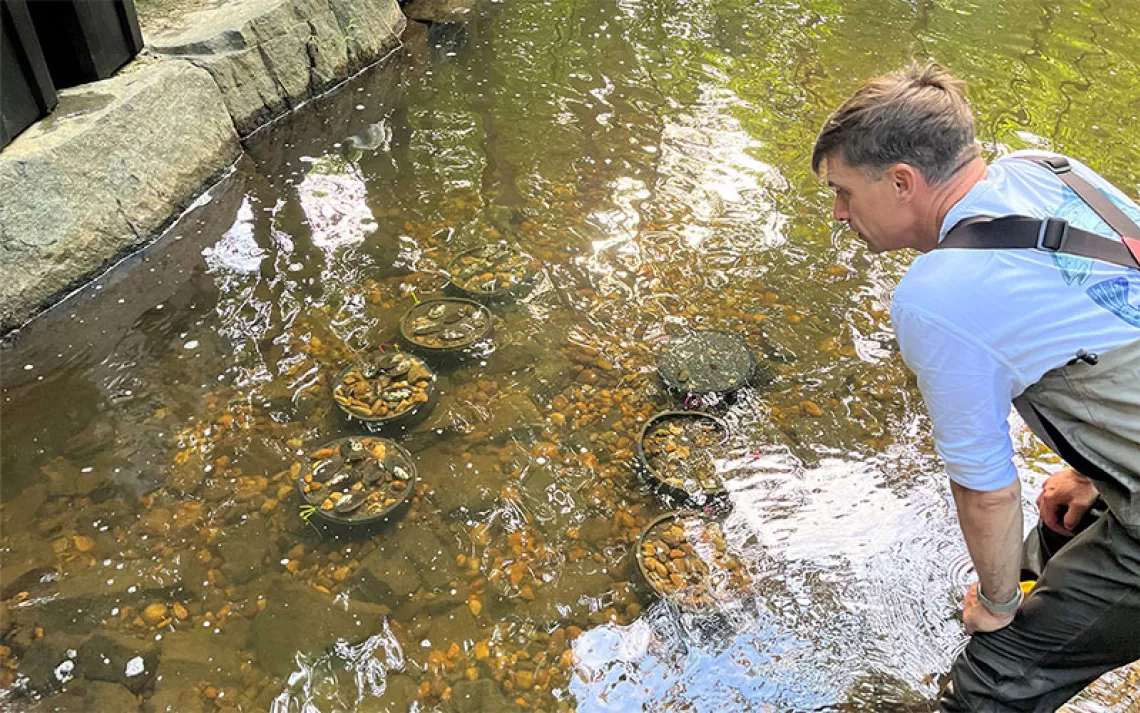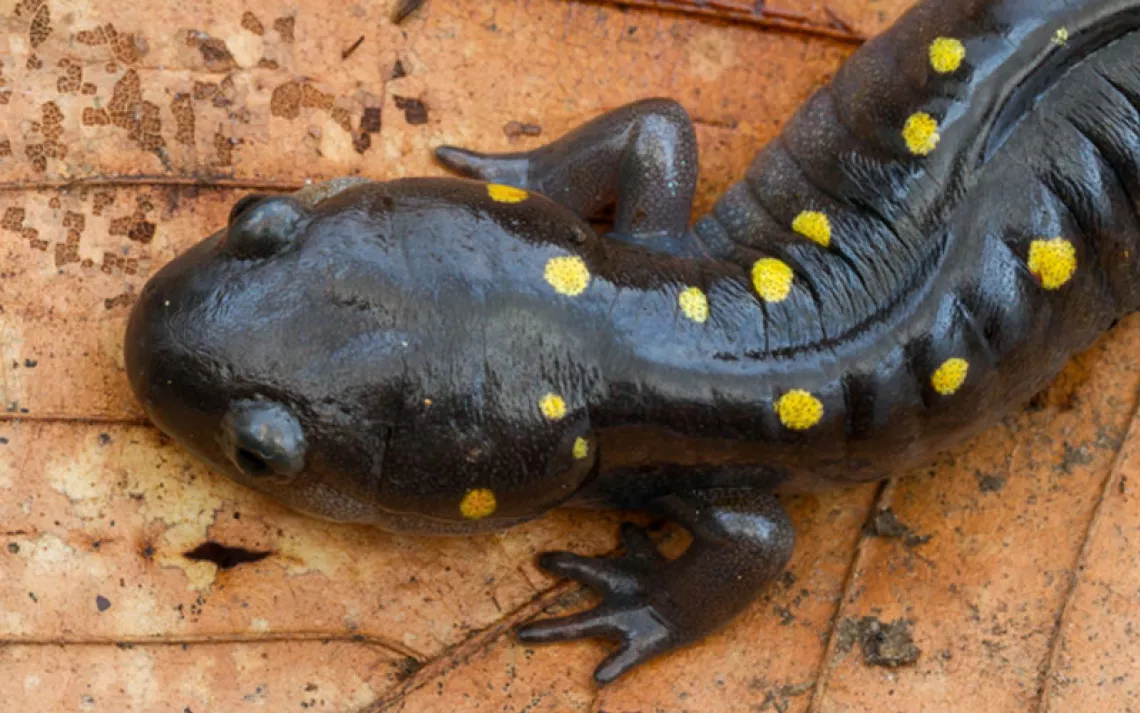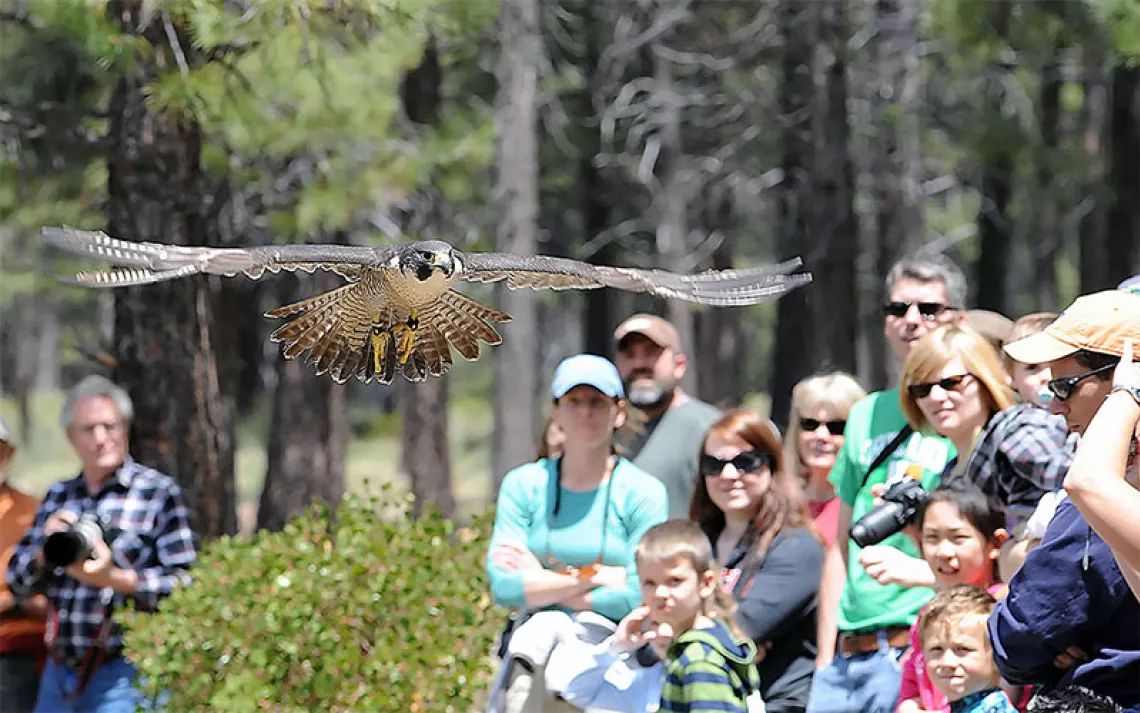A Road Map for Improving Human Relationships
Brandon Keim's "Meet the Neighbors" reassesses the links between us people and nonhumans
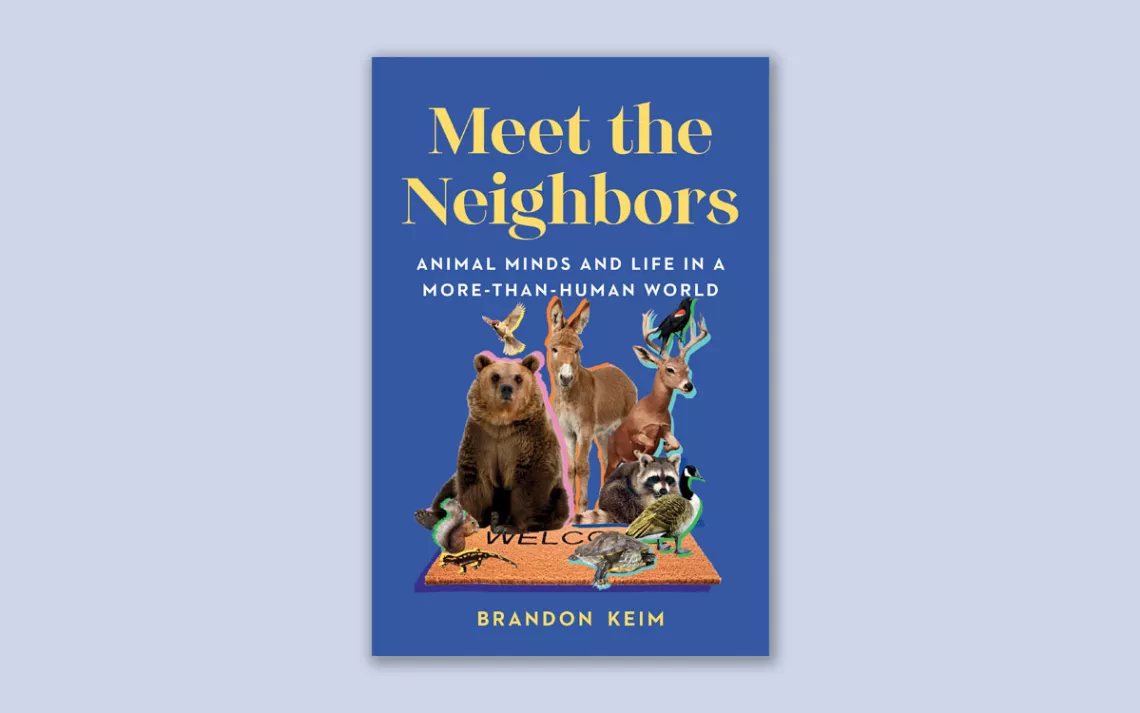
No matter where you live, you’re never far from dozens of species and hundreds of individual animals. Bees buzz in gardens. Sparrows perch under eaves. Scores of other creatures, from ants to coyotes, mill about just out of view.
In his latest book, Meet the Neighbors: Animal Minds and Life in a More-Than-Human World (Norton, 2024), journalist Brandon Keim invites readers to look beyond entrenched assumptions of what it means to be an animal. Red deer vote, deciding as a group where to move. Rats empathize, sharing food with anxious friends. Elephants mourn, holding funerals for the dead. Dogs practice fairness, taking turns pinning each other in play.
More than a behavioral overview, Meet the Neighbors is a road map for improving human relationships with animals. From easy adjustments, like making wildlife management less about numbers and more about animals’ well-being, to the grand and intersectional, like granting them personhood and citizenship, the ideas Keim puts forth would lead to a more just and equitable world. Animal personhood would bestow rights like freedom of movement and freedom from harm. Citizenship would establish naturalized territories for species in certain areas, allocating rights to inhabit designated spaces. In Keim’s telling, people could then form voting blocks and committees to advocate on critters’ behalf in state and federal legislatures.
Meet the Neighbors isn’t about ending hunting or separating people from nature. It’s a call to reassess the links between people and nonhuman beings. “Simply being aware that humans and other animals are not categorically separated by some clear, bright line is only the beginning,” Keim writes. “With a sense of kinship comes the question of what we do with it.”
 The Magazine of The Sierra Club
The Magazine of The Sierra Club
